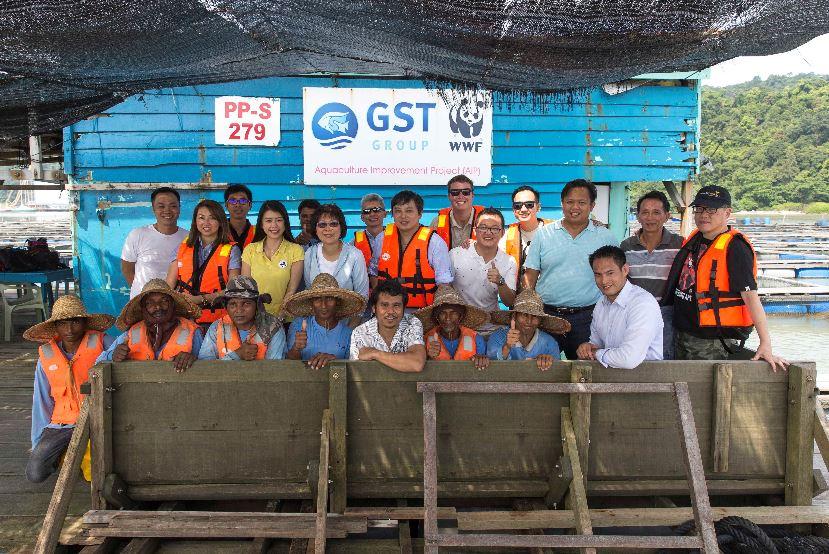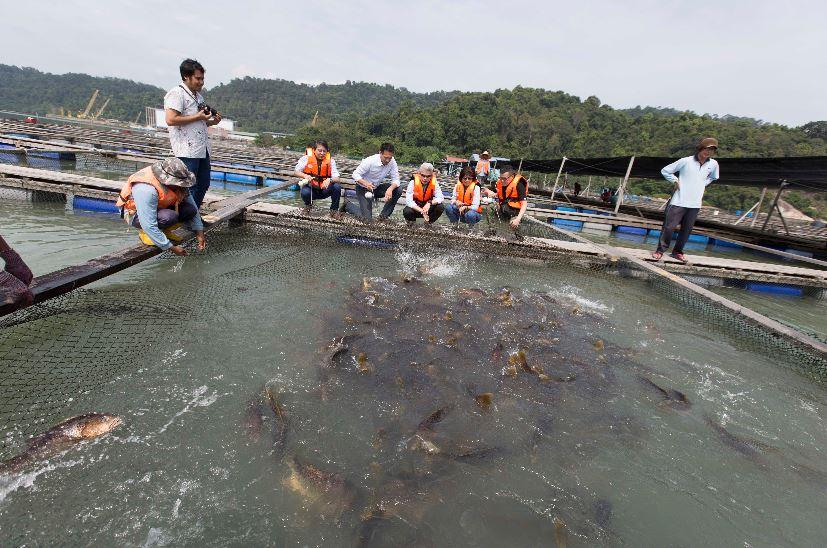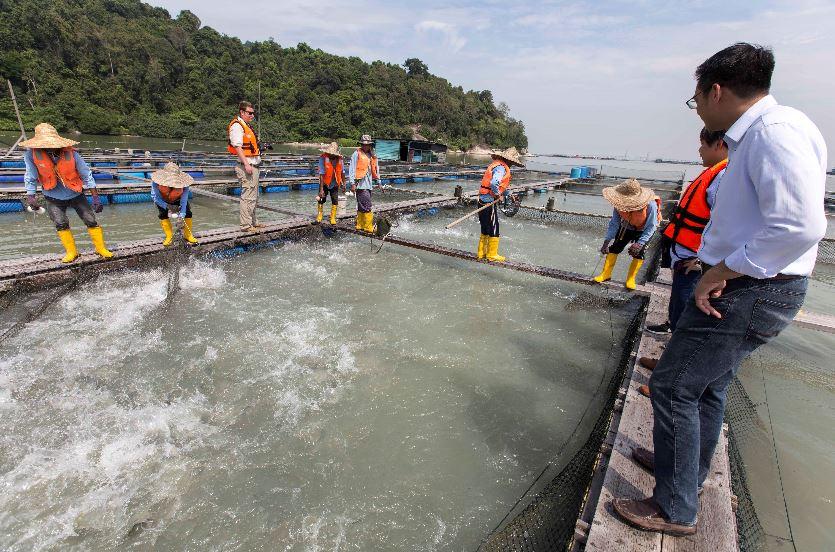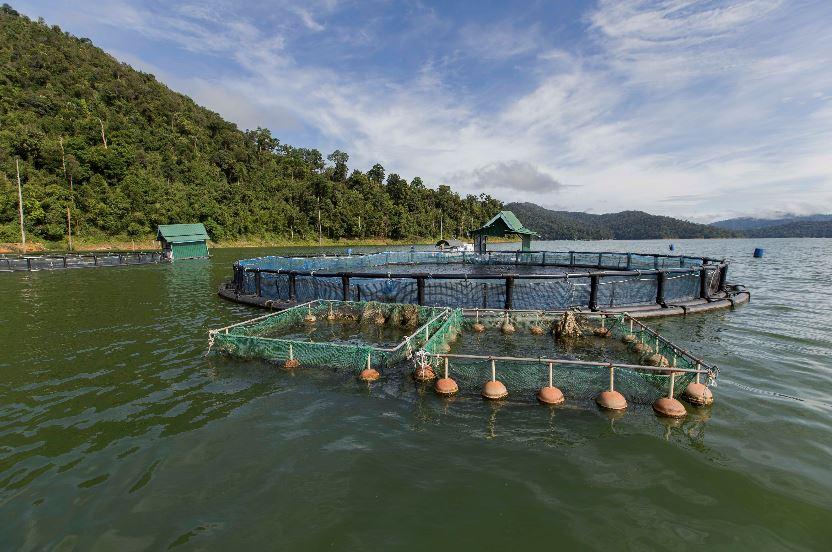Sands ECO360 Ambassadors: Eddy Kembaren and Eric Ho from Marina Bay Sands
With a responsibility to our planet, Las Vegas Sands is a proud leader in sustainability in the hospitality industry through Sands ECO360, its global sustainability program. In 2017, Marina Bay Sands announced a partnership with World Wide Fund for Nature in Singapore (WWF)and their commitment to sustainable food and farming, the production of foods using farming techniques that protect the environment, public health, communities and animal welfare. Eddy Kembaren and Eric Ho are the senior managers in Procurement at Marina Bay Sands whose roles play an important part in ensuring sustainable food sourcing at the property. They work with property chefs to understand their menu requirements in order to source the right sustainable products. They also source within their region, requiring less time and energy for food products to ship. Responsibly sourcing food provides many significant benefits to the company commercially, environmentally, and socially, helping to enhance the company’s reputation and brand recognition.
“Since we handle lots of suppliers, it’s our duty to convey MBS sustainable goals and chefs’ requirement to them,” Kembaren said. “We also need to ensure that the products have valid certification while we collaborate with our Sustainability Department and WWF to validate the products and certificates. By buying responsibly, suppliers can be encouraged to work on environmentally friendly materials such as less packaging, healthier options and ‘green’ food. In turn, society will enjoy a better and more sustainable standard of living.”
The team still faces challenges when it comes to cost, certification, standards, and product volume commitment required by suppliers. With all raw materials and food imported in Singapore, the cost of sustainable food is high as the demand is still relatively low compared to conventional options. Kembaren said not all food categories have certification and standards requirements, citing that fresh chickens can only be imported from Malaysia. Despite the challenges, the team has seen an increase of requests from clients to have sustainable food during their meetings and events, including a healthy menu option.
However, there is still more work to be done in order to see sustainable food as a popular choice. “Society must only accept sustainable food products so that chefs will only use sustainable ingredients to cook. Procurement will then source sustainable food and suppliers will be left with no other choice but to ensure they comply,” Kembaren said. “This is no easy feat but this will be the trend.”
The team’s immediate goal is to source 70% of the top ten priority species from Marine Stewardship Council (MSC) and Aquaculture Stewardship Council (ASC) certified sources in seafood, as well as looking into sourcing wellness and earth friendly products, that can be organic and from responsible farmers, focusing on the MICE industry.





